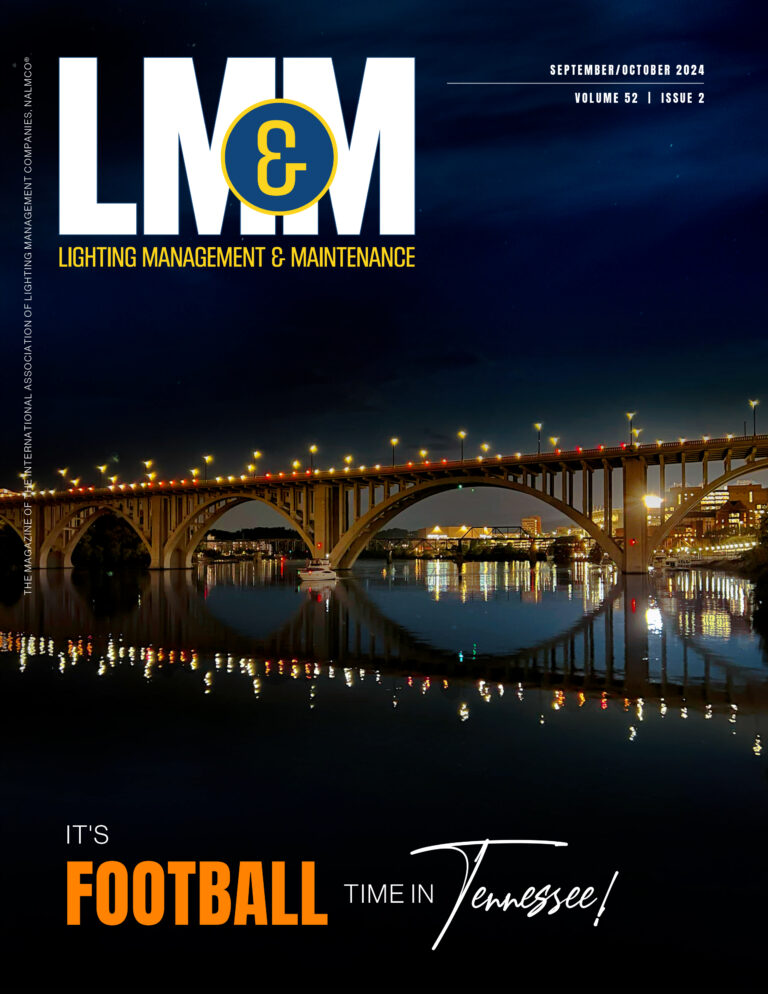Acuity Brands Discusses Tariffs, QSC Acquisition, and Strong Q1 Fiscal 2025 Results on Investor Call
Acuity Brands, Inc. concluded the first quarter of fiscal 2025 on 30 November 2024, with impressive financial performance. Their stock responded positively, closing up $9.78. Your humble editor loves conference calls because CEO’s are forced to think on their feet and it is a great way for me to better understand their business. I listened to the call yesterday, where much of the discussion centered on the recent acquisition of QSC, a pioneer in audiovisual solutions, and the role of integrators. It was also notable for what was said–and not said–about tariffs.
Financial Highlights:
- Net Sales: $951.6 million, a 1.8% increase year-over-year.
- Operating Profit: $133.3 million, reflecting a 0.3% rise from the same period last year.
- Adjusted Diluted EPS: $3.97, up 6.7% from $3.72 in the prior year’s quarter.
For a comprehensive overview, you can read the full results here.
Leadership Commentary
Neil Ashe, Chairman, President, and CEO of Acuity Brands, expressed satisfaction with the quarterly performance, stating, “As we mentioned in the prepared remarks, we’re pleased with the performance. Our team is executing consistently, and we’re clear on the growth algorithm. We believe that calendar 2025, from a market perspective, will be better than 2024…our growth algorithm is working; we are the leading player obviously in the industry, and leading not just by size but by performance.”
Market Segment Insights
Addressing concerns about fluctuations in corporate accounts and retail sectors, Neil explained, “Our corporate accounts are an inconsistent business, but a high-quality business; we’ll have some big quarters and some smaller ones based on individual customer decisions. On the retail side, we have great relationships, but they haven’t had great results over the past year. This is a bit of a catch-up. It’s early to call an inflection, but we’re confident in where we’re going in calendar 2025.”
Strategic Acquisition of QSC
Regarding the integration of Distech Controls (acquired in 2015) and this week’s acquisition of QSC, Neil highlighted, “There’s significant overlap among sophisticated end-user customers who have used Distech and QSC… the systems integrator communities for both are attractive because they have the opportunity to use the best technology and sell to sophisticated customers. We don’t have initial plans for those communities to overlap, but we anticipate a natural pull from sophisticated end-users for the solutions we’ll deliver.”
He further noted the initial eagerness from the systems integrator communities to cross-sell products, with inquiries like, “Could we sell the other one now?” However, he clarified, “We’re not doing that yet.”
Emphasizing the importance of data in this integration, Neil stated, “Data is the fundamental driver of value in this integration. The ability to build a data and control business is the differentiated opportunity we’ve identified.”
He also shared insights into the origins of the collaboration, mentioning, “We initially met the company (QSC) through the interaction at an engineering and product level between Distech and QSC. Data interoperability showed that the Q-Sys control system could control what was happening in the building through their interface and Distech could control the AV through our interface, so it’s very natural combination but it’s one that hasn’t existed between anyone else before.”
Tariff Discussion
When asked about tariffs and if there had been any pull-forward in shipments, Neil responded, “There’s been a lot of talk and not a whole lot of action.” He elaborated, “We’ve made very small, kind of targeted changes in our purchasing. He went on to say, “From a customer perspective, we’ve had a lot of customers asking us, if we’re going to increase prices and when because of tariffs. That conversation sort of died down. I’d say the expectation from our customers is that we will react accordingly when that happens. And we’ve set the expectation with them that nothing’s happened, so there’s nothing to talk about. And if something does happen, we will be prepared and we will act accordingly.”
Neil’s response is intriguing for what it omits. He doesn’t discuss relocating production or sourcing components from alternative countries, mentioning only “small targeted changes.” When he says, “We will act accordingly,” it’s ambiguous whether he refers to manufacturing adjustments or pricing strategies. Given the context of customer inquiries about price hikes, it seems likely that “act accordingly” pertains to pricing.
Their actions will most likely involve price increases and manufacturing decisions, but it is fascinating that he doesn’t emphasize sourcing changes.




